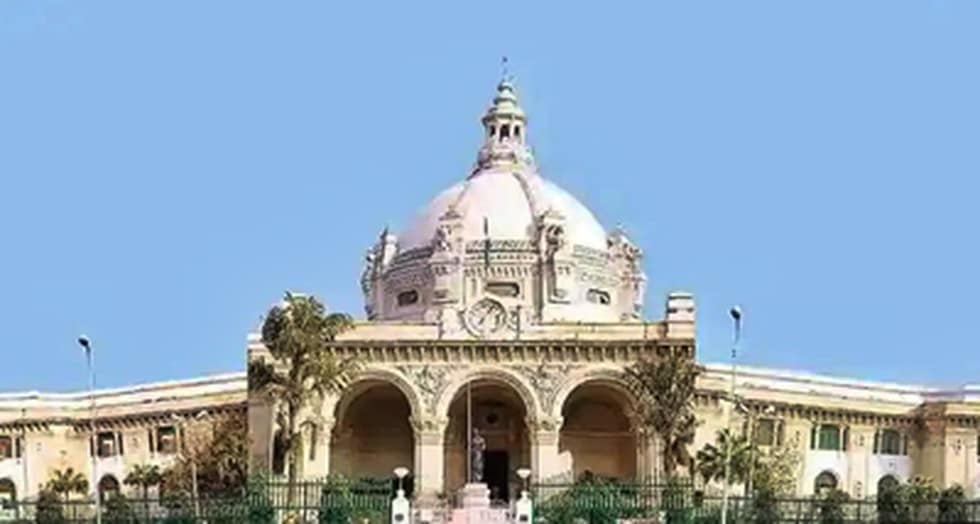About Disqualification of Convicted Legislators from Assembly:
- Section 8 of the Representation of the People Act (RPA), 1951, contains provisions aimed at decriminalising electoral politics.
- There are two categories of criminal cases that attract disqualification upon conviction.
- In the first category are offences that entail disqualification for a period of six years upon any conviction.
- If the punishment is a fine, the six-year period will run from the date of conviction, but if there is a prison sentence, the disqualification will begin on the date of conviction, and will continue up to the completion of six years after the date of release from jail.
- Major IPC offences are included under this head:
- making speeches that cause enmity between groups (Sec.153A) and doing so in a place of worship (Sec.505), bribery and personation during elections and other electoral offences, offences relating to rape and cruelty to women by husband and latter’s relatives.
- Besides, serious provisions of special laws such as the Protection of Civil Rights Act, Customs Act, Unlawful Activities (Prevention) Act etc are among the category of offences that entail disqualification regardless of the quantum of punishment.
- Laws for prevention of Sati, corruption, terrorism and insult to national flag and national anthem etc are also part of this group.
- All other criminal provisions form a separate category under which mere conviction will not entail disqualification. A sentence of at least two years in prison is needed to incur such disqualification.
Legal protection:
- Under Section 8(4) of the RPA, legislators could avoid immediate disqualification until 2013.
- The provision said that with respect to a Member of Parliament or a State legislator the disqualification will not take effect for three months.
- If within that period, the convicted legislator files an appeal or revision application, it will not take effect until the disposal of the appeal or application.
- In Lily Thomas vs. Union of India, the Supreme Court struck down clause (4) as unconstitutional, thus removing the protection enjoyed by lawmakers.
Can the disqualification be removed?
- The Supreme Court has the power to stay not only the sentence, but also the conviction of a person.
- In some rare cases, conviction has been stayed to enable the appellant to contest an election. However, the SC has made it clear that such a stay should be very rare and for special reasons.
- The RPA itself provides a remedy through the Election Commission.
- Under 11 of the Act, the EC may record reasons and either remove, or reduce the period of, a person’s disqualification.
- The EC exercised this power for Sikkim Chief Minister P.S. Tamang, who served a one-year sentence for corruption, and reduced his disqualification so as to contest a byelection and remain in office.
Source : The Hindu
Last updated on June, 2025
→ UPSC Notification 2025 was released on 22nd January 2025.
→ UPSC Prelims Result 2025 is out now for the CSE held on 25 May 2025.
→ UPSC Prelims Question Paper 2025 and Unofficial Prelims Answer Key 2025 are available now.
→ UPSC Calendar 2026 is released on 15th May, 2025.
→ The UPSC Vacancy 2025 were released 1129, out of which 979 were for UPSC CSE and remaining 150 are for UPSC IFoS.
→ UPSC Mains 2025 will be conducted on 22nd August 2025.
→ UPSC Prelims 2026 will be conducted on 24th May, 2026 & UPSC Mains 2026 will be conducted on 21st August 2026.
→ The UPSC Selection Process is of 3 stages-Prelims, Mains and Interview.
→ UPSC Result 2024 is released with latest UPSC Marksheet 2024. Check Now!
→ UPSC Toppers List 2024 is released now. Shakti Dubey is UPSC AIR 1 2024 Topper.
→ Also check Best IAS Coaching in Delhi
























